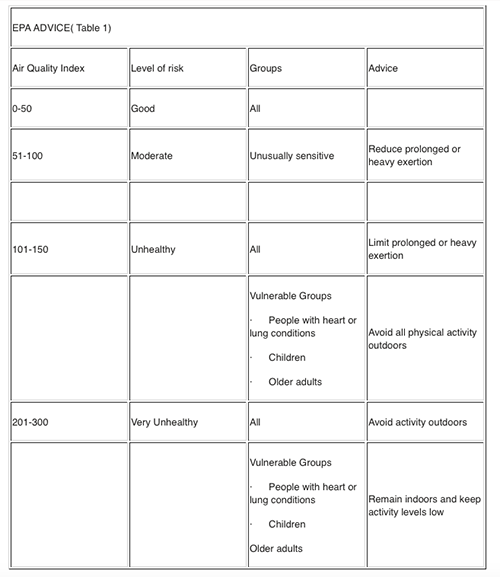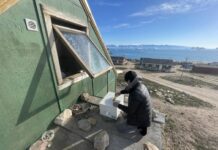
Dr Noel O’Kelly of monitoring technology firm Spirit Digital argues for greater access to air quality data and education, and he explains that the data is available today. The challenge of tackling poor air quality requires a response on multiple levels – including both a societal and personal response.
In 2010, the European Respiratory Society appealed to physicians to “recognise that air pollution is the largest environmental challenge for European citizens, one that currently limits the fundamental right of all individuals to breathe clean air. This challenge is associated with large health effects – effects that will continue to menace public health in the future”.
Yet, more than ten years later and little has changed. A 2016 report from the United Nations Environment Programme (UNEP) highlighted that between 2008 and 2013, air pollution levels in urban areas increased by eight per cent, and spotlighted the need to support the introduction of vital actions aimed at combating this public health emergency. And while air quality and air pollution may now be firmly on the global sustainability agenda, the fact is that people’s understanding of how air quality at a local level affects their health on a day-to-day basis remains poor. Moreover, there is a general and misplaced complacency that the impact of poor air quality is something that cannot be mitigated.
On the contrary, access to air quality data and education should be a priority for local authorities, CCGs, healthcare practitioners and patients – and it’s available today.

Tackling air quality
The effect of poor air quality on the health and wellbeing of people is well documented. The “Air Quality and Health” report from the European Respiratory Society (2010) identifies air pollution as an established cause of morbidity and mortality.Globally, seven million deaths were attributable to the joint effects of household and ambient air pollution.[i] In the UK around 40,000 deaths are attributable to outdoor air pollution.[ii]
We know that air quality has a significant impact from both a sociological and health perspective. We know that in places where there’s high air pollution, it both exacerbates ill health and causes health issues as well. Although we can all be affected by poor air quality, there are many vulnerable groups who are particularly impacted. This includes people with cardiovascular and respiratory conditions, the young and the old, and those who are particularly exposed on a long-term basis to poor air quality. Of the former group, these can comprise some of most economically and socially deprived groups living in urban areas.
The challenge of tackling poor air quality requires a response on multiple levels. A societal response for federal governments to implement wide-scale policy change; a regional response from local authorities to provide robust local policy and planning decisions to reduce the impact; and a personal responsibility to reduce our contribution to the problem – this includes both looking at our own carbon footprint as well as learning how to avoid situations that that could make our health worse.
Addressing inequalities
The challenge to vulnerable groups and the impact on their health will continue in the short to medium term. National Guidance (NICE NG70 30/6/2017) advises that people in vulnerable groups should: [iii]
- Avoid or reduce strenuous activity in highly polluted locations, such as busy streets
- Have access to and use asthma reliever inhaler therapy as needed
- Close external doors and window in houses where / when outdoor pollution is high
- The US Environmental Protection Agency (EPA) gives very specific guidance on what we all and especially vulnerable groups should do when the air quality is low. (Table 1)
Notes
[i] Jiang 3et al. Air pollution and chronic airway diseases: what should people know and do? Thorac Dis. 2016 Jan; 8(1): E31–E40
[ii]Royal College of Physicians. Every breath we take: the lifelong impact of air pollution. Report of a working party. London: RCP, 2016. https://www.rcplondon.ac.uk/projects/outputs/every-breath-we-take-lifelong-impact-air-pollution
[iii] Air pollution: outdoor air quality and health. NICE guideline [NG70] Published date: 30 June 2017







